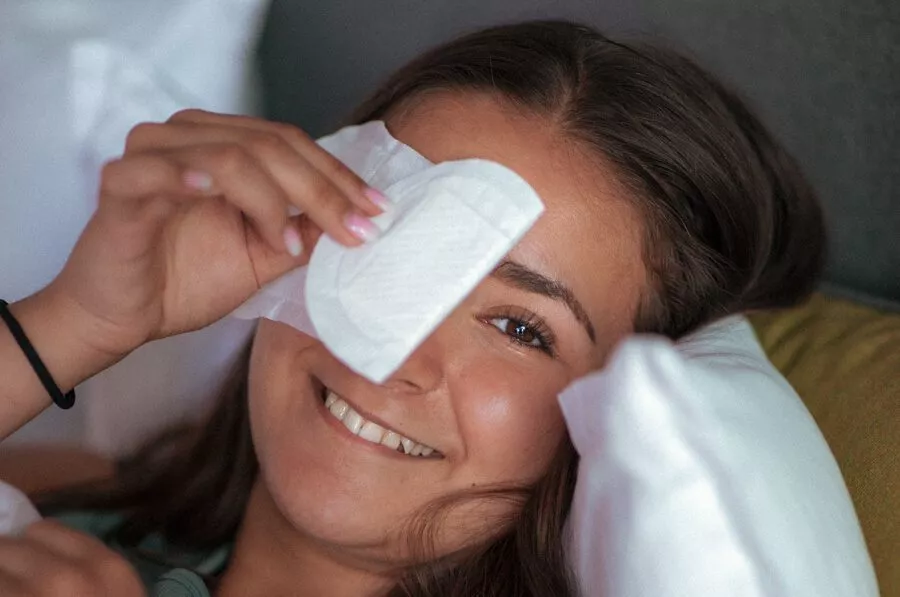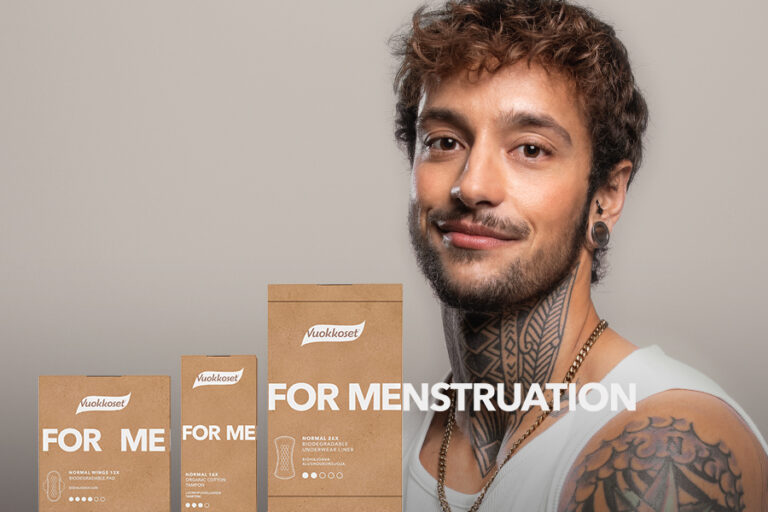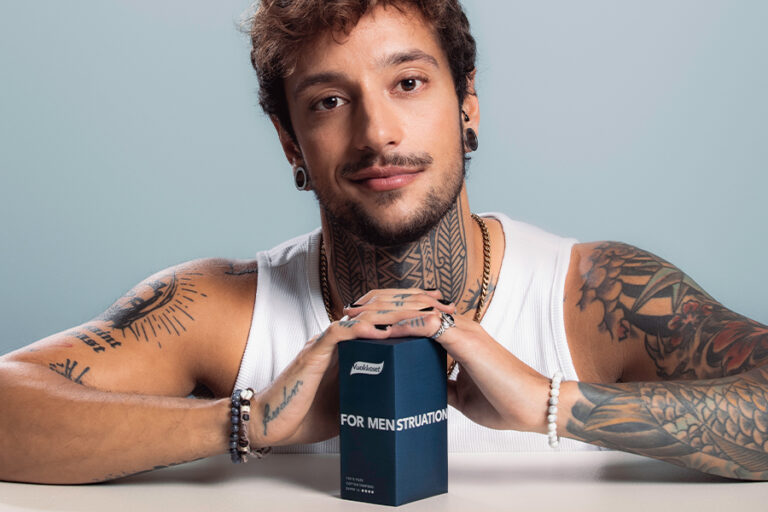Puberty will raise many questions in both parents and children. How should I talk about menstruation? How should I discuss sexuality? How can I describe the journey from a teen to an adult? How can I create an atmosphere where my child can ask me about issues that trouble them?
Openness and a trusting relationship between the parent and the child will make communicating easier. You should not turn the teenage changes and discussions into some scary big thing that only embarrasses everyone involved. It is also important to ensure that you don’t intimidate your child or flood them with information. The saying “less is more” applies to this subject as well.
By addressing the topic while doing everyday chores, you can emphasize the idea that menstruation is a normal and natural part of life. Don’t hide the sanitary pads kept in the bathroom. Just wait for the right moment and discuss with your teen about what the pads are and how to use them. You should also discuss your daily routines, such as using deodorant and other personal hygiene routines. Your teen should start to use deodorant once puberty has begun, since puberty will increase the activity of the sweat and oil glands and it is much more reassuring to go to school or hobbies when feeling fresh.
Go shopping together with your teen and buy them different everyday hygiene products that may still be strange and new to your child. You should at least buy deodorant, facial cleanser and intimate hygiene products so that your teen can try them and start using them on a regular basis when it feels natural to them. The teen should take a parent or a friend along when shopping for their first bra. Buying your first bra is a memorable milestone in a young person’s life.
Sometimes a parent’s attempt to discuss the birds and the bees with their teen can end with an “OMG! MUM!” and a door slamming in your face. Despite resistance, a teen will register these moments and discussions and remember them as genuine displays of love and attention by their parents. You should not be intimidated by the possible negative reactions, and instead continue to share information with you teen in small doses.





